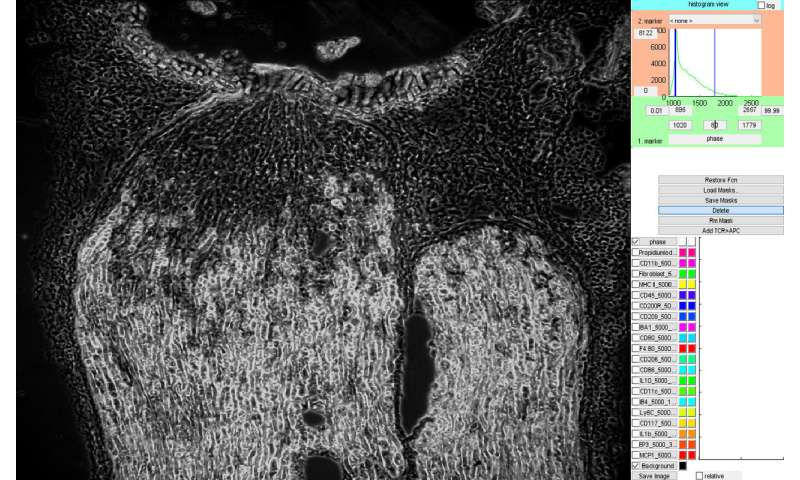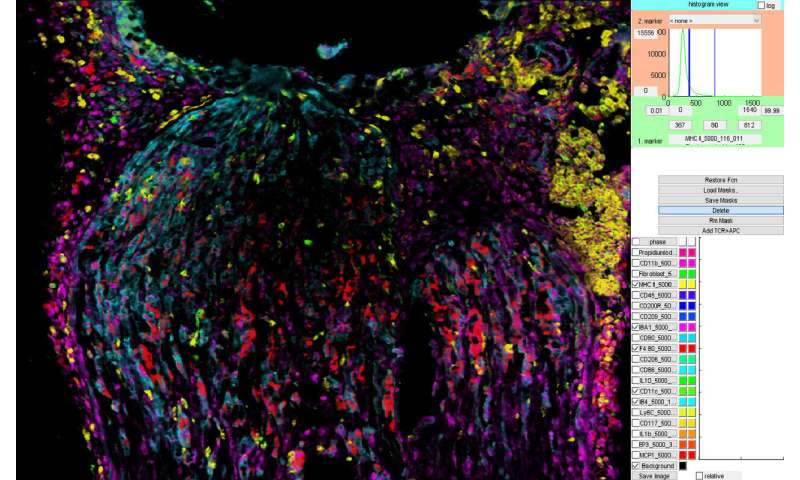
An unpleasant tingling in the hands and feet, numbness, fuzzy and burning sensations—these symptoms may indicate a neuropathy, a disease of the nervous system. If the pain persists for several months, it is referred to as chronic pain. By then, it is very difficult to treat, and the available drugs often have serious side effects. Researchers at the Translational Medicine and Pharmacology TMP branch of the Fraunhofer Institute for Molecular Biology and Applied Ecology IME have found a way to prevent the development of neuropathic pain early on.
Around five million people in Germany suffer from neuropathic pain, which is the result of damage to the peripheral or central nervous system. Its causes are numerous and diverse. Neuropathic pain can occur after an operation, such as bypass surgery, or an accident, for instance when the spinal cord has been injured. Also phantom pain, which many patients experience following an amputation, is also a neuropathic, mechanically induced pain. A change in skin sensitivity is typical for neuropathic pain. Stimuli such as cold, heat or touches are felt more intensely or hardly at all. The situation becomes problematic when the pain takes on a life of its own and becomes chronic, as this has a major adverse effect on the patients’ quality of life. They can often no longer practice their profession, and they neglect their friendships and leisure activities. As a result, they become isolated, resigned and depressed.
The development of neuropathic, trauma-induced pain that often occurs following an operation or accident should be prevented at as early a stage as possible, because once neuropathic pain has developed, treatment has only a limited effect—and the relevant drugs have strong side effects.

When immune cells become the enemy
This is where the researchers at the Frankfurt-based Fraunhofer IME began their approach. They are researching alternative therapies for the early treatment of neuropathic pain. They conducted tests in which they were able to show that various lipids that act as signaling molecules and are produced when an injury occurs control the inflammatory responses in the damaged nerves. “The nerves sound the alarm and release lipids to signal to the immune system that an injury has occurred and the cause must be eliminated,” says Prof. Klaus Scholich, group manager for biomedical analytics and imaging at Fraunhofer IME. “In the case of neuropathic pain, the immune cells that were lured to the site of the injury soon become the enemy, interacting with the nerves in a way that results in permanent inflammation in the affected areas. The neuropathic pain can no longer subside and becomes chronic. We can significantly reduce the pain by blocking signaling pathways that attract immune cells.” One way to do this is by using painkillers such as ibuprofen and diclofenac. Administered at an early stage, these drugs can stop the production of prostaglandin E2, a lipid that plays a key role in trauma-induced pain because it both sensitizes the nerves and activates the immune system.
Source: Read Full Article
